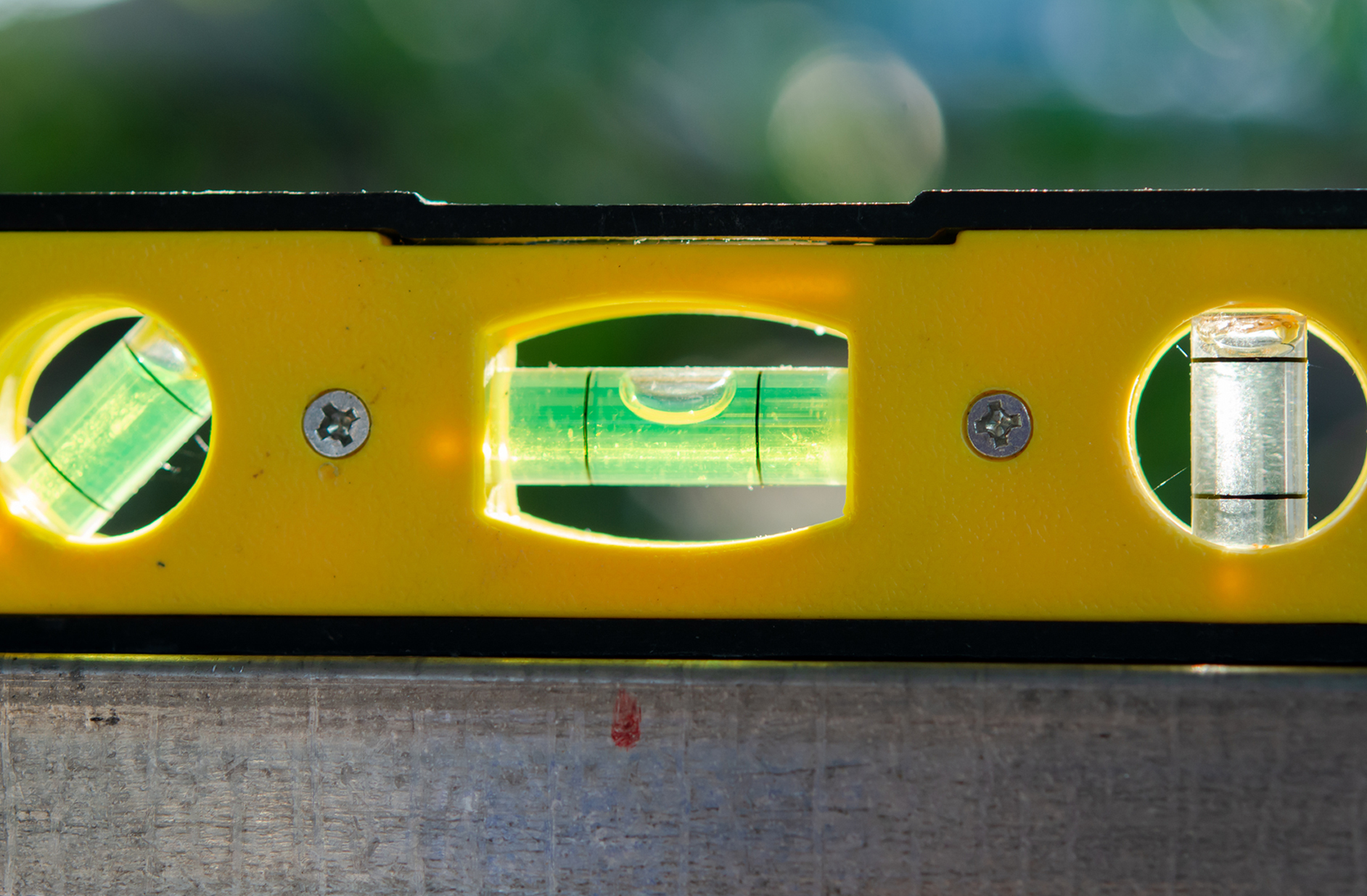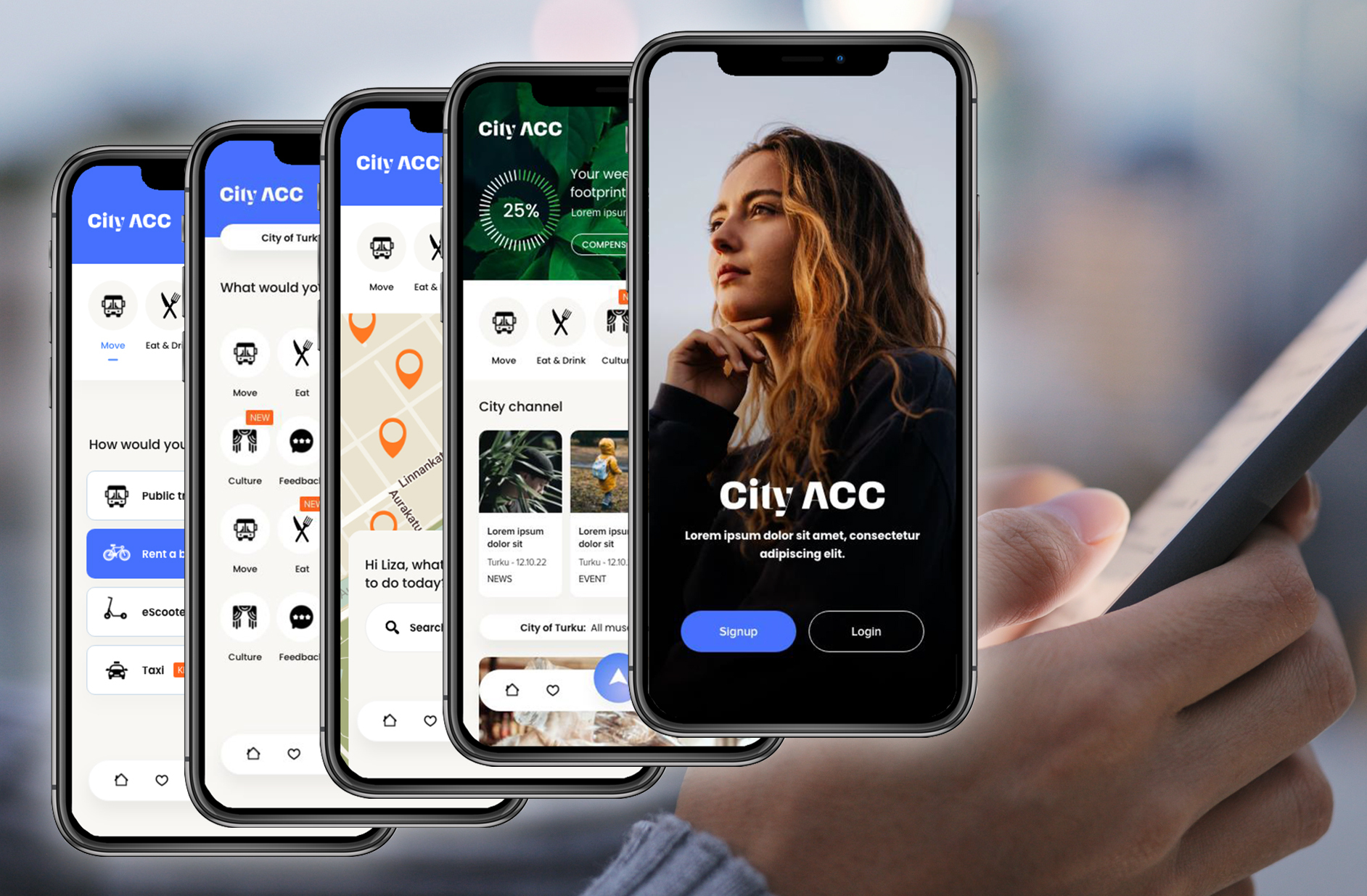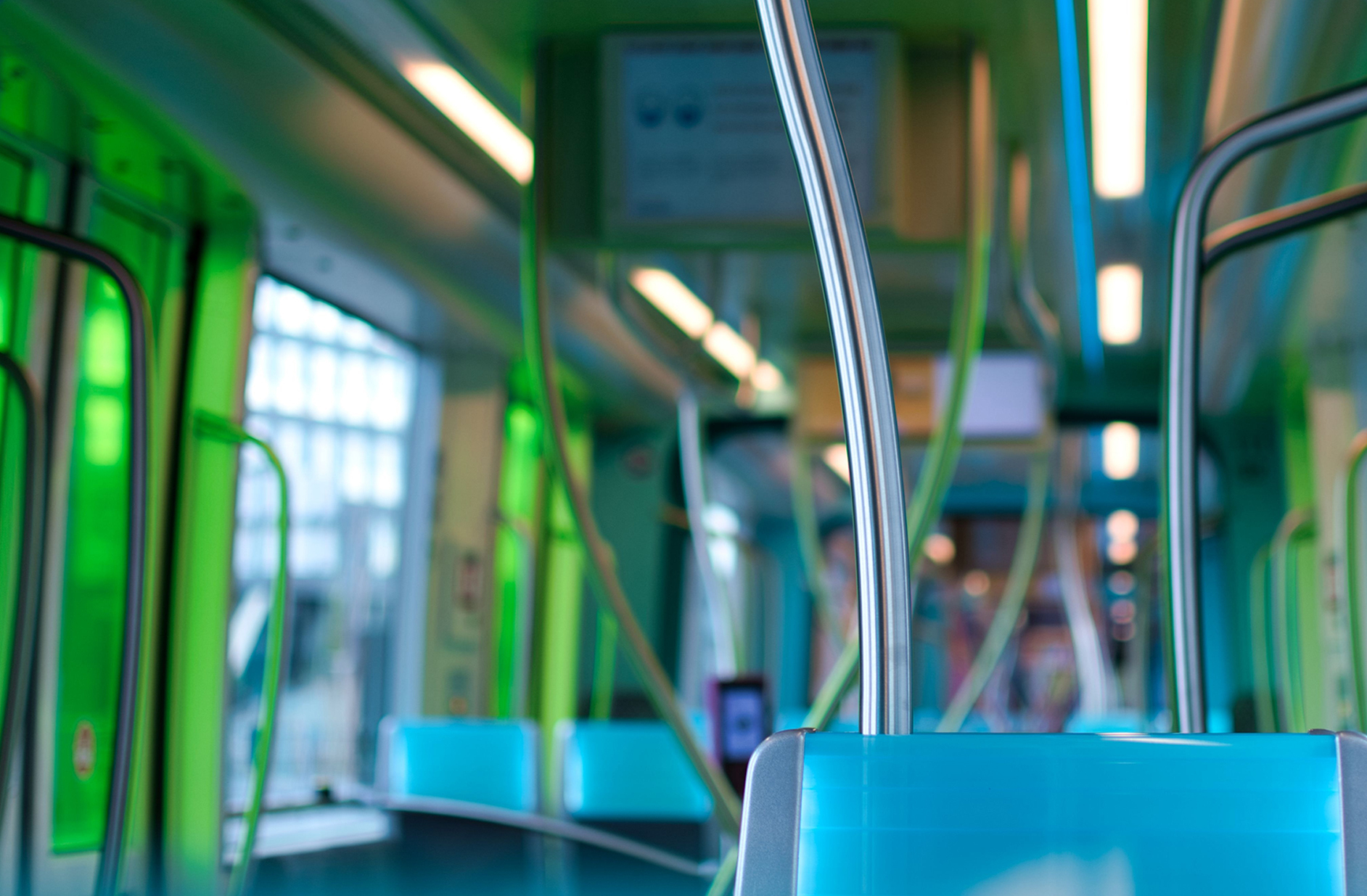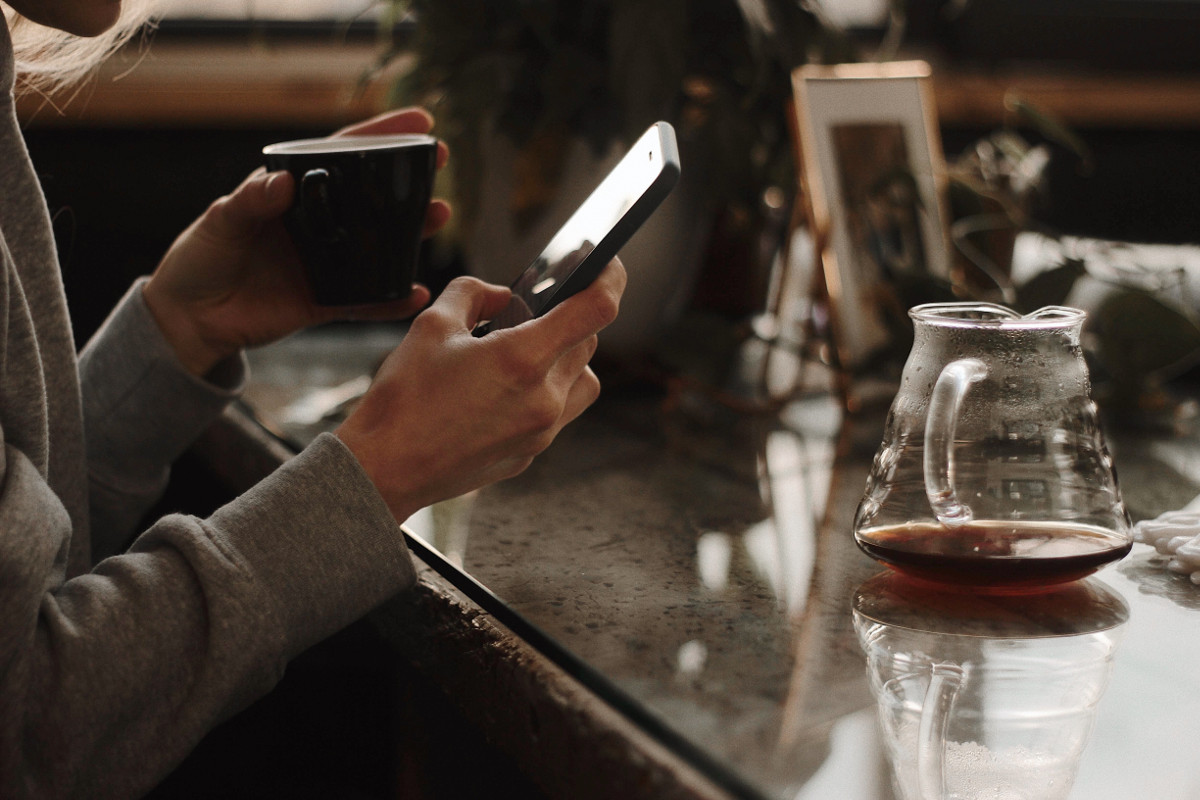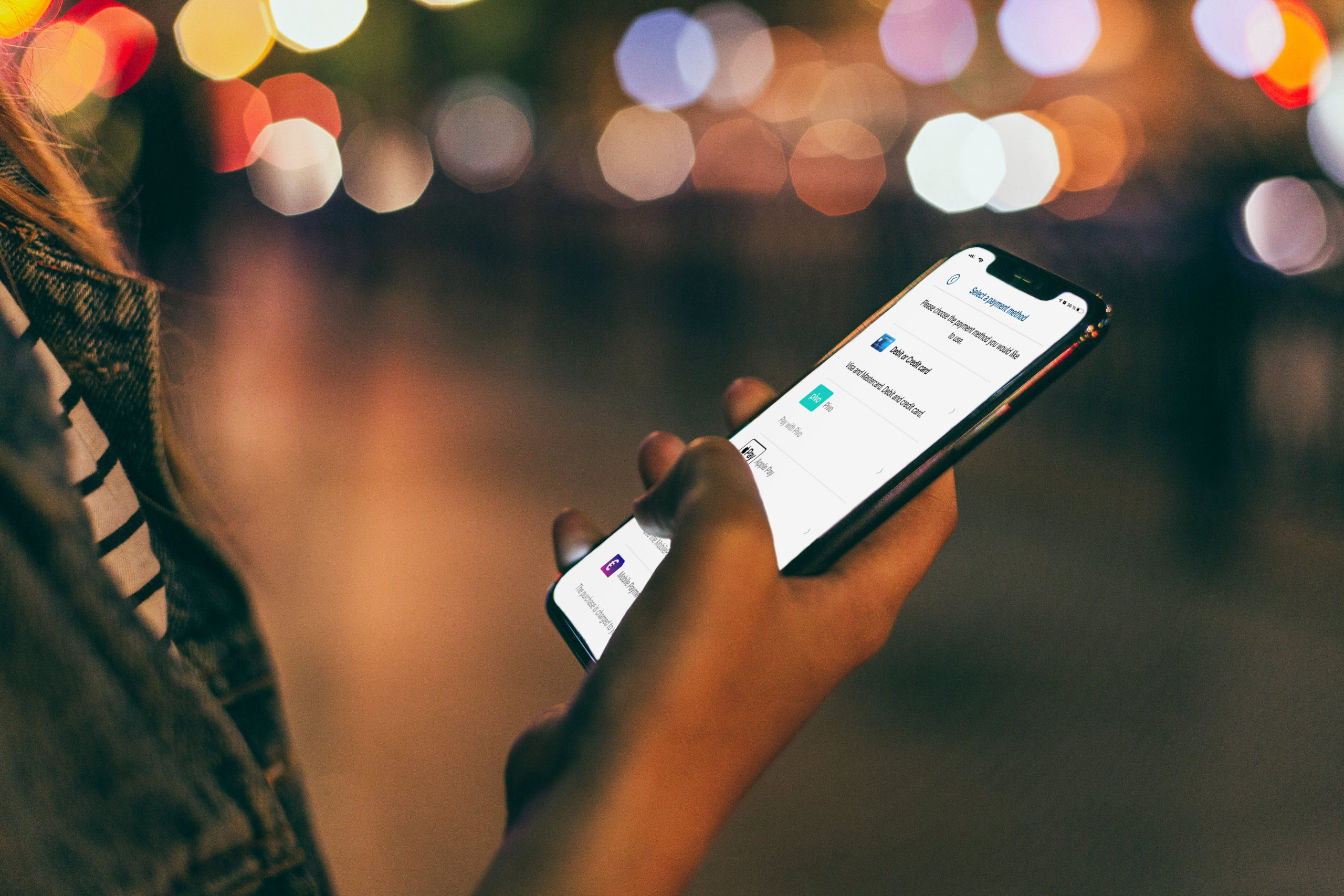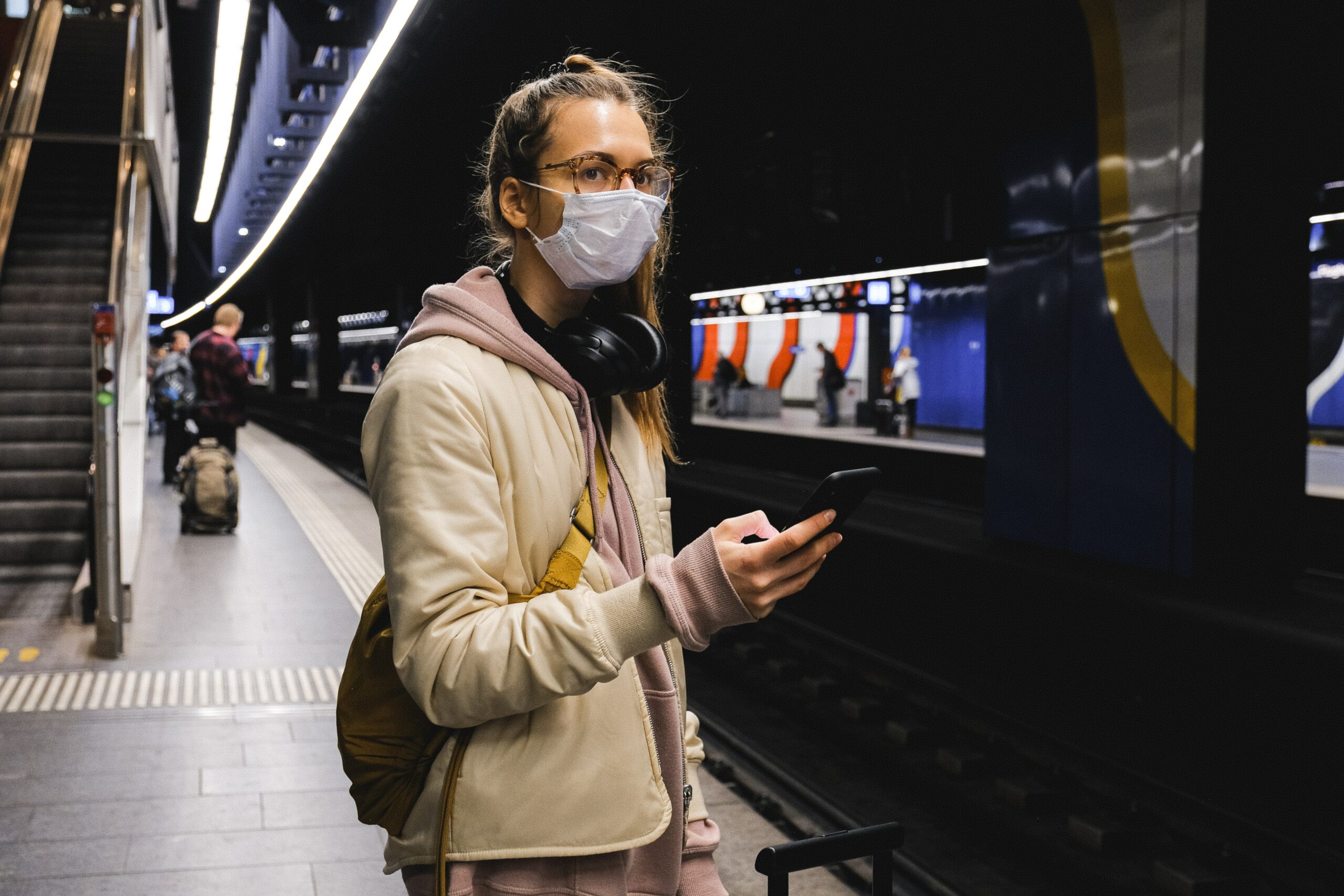By Tuomo Parjanen
CEO of PayiQ
In every crisis the challenge is to work in different time spans at once. Certain things require immediate action, midterm is often about endurance and in the long run you prepare for opportunities on the other side of the ordeal. This is also the outlook at PayiQ.
The first thing was tweaking our processes to support remote working, and connecting with clients and partners that are working remotely. Being engineers, this the kind of technological and process challenge that we enjoy sorting out. It was tackled promptly and so far we have seen no negative impact on our ability to operate. On the contrary, some of the early experiences are so encouraging that we believe we will stay a distributed organization to a degree also in the future.
The midterm is the toughest. Public transport has lost plenty of users since late March and we expect that our revenue in Q2 will be 30% less than we had projected. The decline might well drag on onto Q3 if restrictions are not eased. The crisis has also put a lot of decision making on ice. This is natural when cities and operators must focus on adjusting their current processes, following the government instructions and prepare for different scenarios. Most of our efforts to expand internationally have been suspended for the same reason. Instead we have done plenty of scenario work and made contingency plans for each possible development. We’ve also secured a war chest to carry us over the slump. The support of the Finnish government and its agencies for growth businesses must be recognized here.
For us, the long run looks very different from midterm. While current situation has pushed some industries and companies into a free fall, in mobility we are looking at a temporary drop that will bounce back. Despite the increase of remote work, of which some of will be permanent, most economic activity requires personal presence. And most will not continue spending their free time locked in as the restrictions are lifted. The world will start moving again, and once it does, the demand for smart mobility will likely have jumped to a new level.
Many transport operators have already decided not to take cash payments for travel fares because of increased risk of spreading the virus. Touch free mobile payment makes much more sense in these circumstances, and we are already seeing 10X levels of app downloads compared to times pre-Covid. This trend is global. Naturally app downloads do not translate into relative increase in revenue since people are not moving as before. So, although our revenue is 30% lower than we projected, it is still up from last year’s figures. In other words, the crisis has exploded the demand for the possibility to use our services, but due to the circumstances the growth rate of actual usage is not what we had projected. But once the crisis eases, the apps are there, and it is very unlikely that people would convert back to cash.
In general we can expect the demand for digital services to grow as a direct result of this ordeal. Especially systems that can quickly adapt to changing circumstances will be in demand. In mobility this means, in addition to mobile ticketing, multi-modal offering. The more options for travel you can pack behind your ticket or service, the more likely people are to use it in the future. A well-functioning smart ticketing system also allows the authorities to alert people or re-route transport during an unexpected occurrence. Also this provides more system-level resiliency.
Knowing this we are working hard with cities and towards cities to strengthen our service and to spread the word about smart mobility and Ticketing-as-a-Service. Moving to a distributed model of working has helped us to see ways of enhancing our customer service process while making it more scalable. Necessity is making us better.
The global community is experiencing disruption like never before, and in a form none of us wanted. But like all disruption, this makes way for the new. While fighting the challenges at hand we must focus on understanding what that new could be. Then build for that. And push through.


